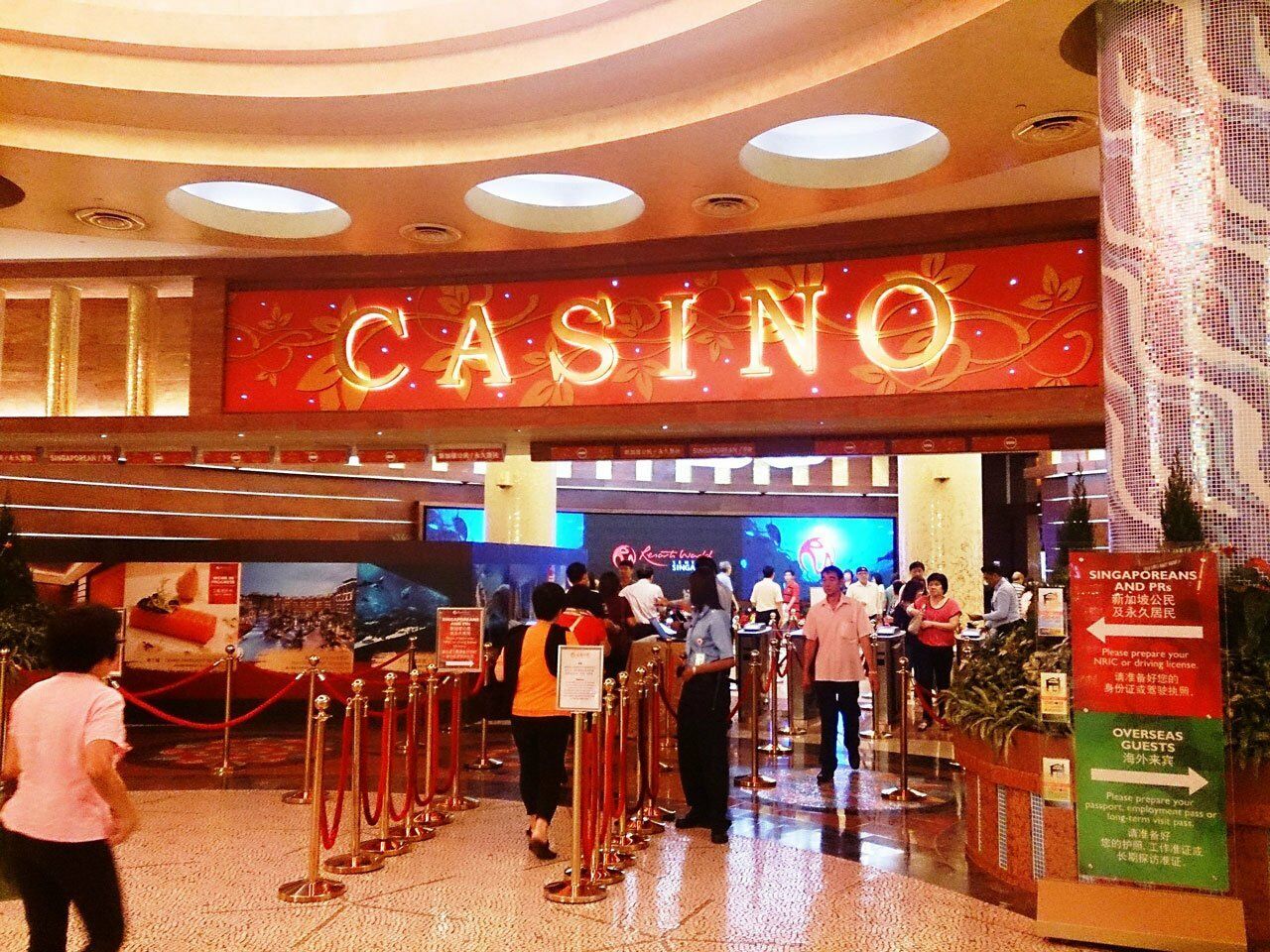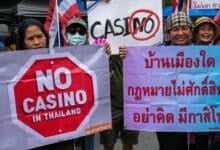Pheu Thai Party bets on casino plan to cash in on tax revenue

The ruling Pheu Thai Party defended its proposed casino-entertainment complex project, asserting that it will legalise underground gambling activities and enable the government to collect tax revenue.
A statement on Pheu Thai’s webpage released yesterday, September 22, indicated that legalising underground gambling and taxing the project could contribute more than 50% of GDP, thereby boosting the economy and funding education and other initiatives.
The party emphasised that casino-entertainment complexes would allow Thailand to tap into the fun economy, estimated to be worth US$13.7 trillion (approximately 451 trillion baht). This initiative is part of the Pheu Thai-led government’s policy statement, which Prime Minister Paetongtarn Shinawatra presented in Parliament on September 12. In the statement, the PM spoke on how society was not open to ideas regarding casinos beforehand.
“Over the past 20 years, efforts have been made to legalise economic transactions that are deemed illegal but they failed because many in society were not open to such ideas. But in recent years, past and current governments have studied the possibility.”
Referring to the House committee’s report, Pheu Thai noted that the fun economy, which encompasses tourism, sports, entertainment, and the meetings, incentives, conferences, and exhibitions (MICE) industries, has been growing steadily.
The global fun economy’s market value stands at US$13.7 trillion, and the government sees potential in tapping into this market to generate more income for the country by legalising and taxing casinos.
Worth trillions
According to figures from the Fiscal Policy Office, the global business value of casino-based entertainment complexes in 2022 was US$1.5 trillion, with expectations to rise to US$2.2 trillion by 2028.
The government is also advancing a bill to legalise casino operations within these entertainment complexes. Sources revealed that the Finance Ministry completed drafting the Entertainment Complex Act, and the bill will undergo a public hearing as mandated by Section 77 of the constitution.
Post-hearing, the bill and public feedback will be submitted to the Cabinet for review. The bill’s 65 sections stipulate that an entertainment complex must secure a licence to operate, valid for up to 30 years.
Operators are required to pay 5 billion baht for registration, plus an annual fee of 1 billion baht. Each complex will undergo evaluation every five years, and after 30 years, the licence can be renewed for an additional 10 years.
Individuals under 20 years old are barred from entering these venues. While the complexes will be accessible to all foreigners, Thai citizens must pay an entrance fee of 5,000 baht.
A policy board, chaired by the PM, will be established to set rules and regulations governing the gaming complexes.
Ambitious figures
Former Government Spokesperson Chai Wacharonke cited the House committee’s report, which projected that the project could generate at least 12 billion baht in taxes during its first year.
A study by the House committee examined three main aspects: the economic, social, educational, and cultural implications of such venues in Thailand; business structure and revenue collection; and the legality and criteria for entertainment and gambling regulations.
Five locations are identified as potential hosts for this project: two in Bangkok, and one each in the Eastern Economic Corridor, Chiang Mai, and Phuket.
However, Pariyes Angkurakitti, a spokesperson for the opposition Thai Sang Thai Party, criticised the project, arguing that lax law enforcement could impede efforts to regulate the new casino industry, reported Bangkok Post.
Latest Thailand News
Follow The Thaiger on Google News:


























